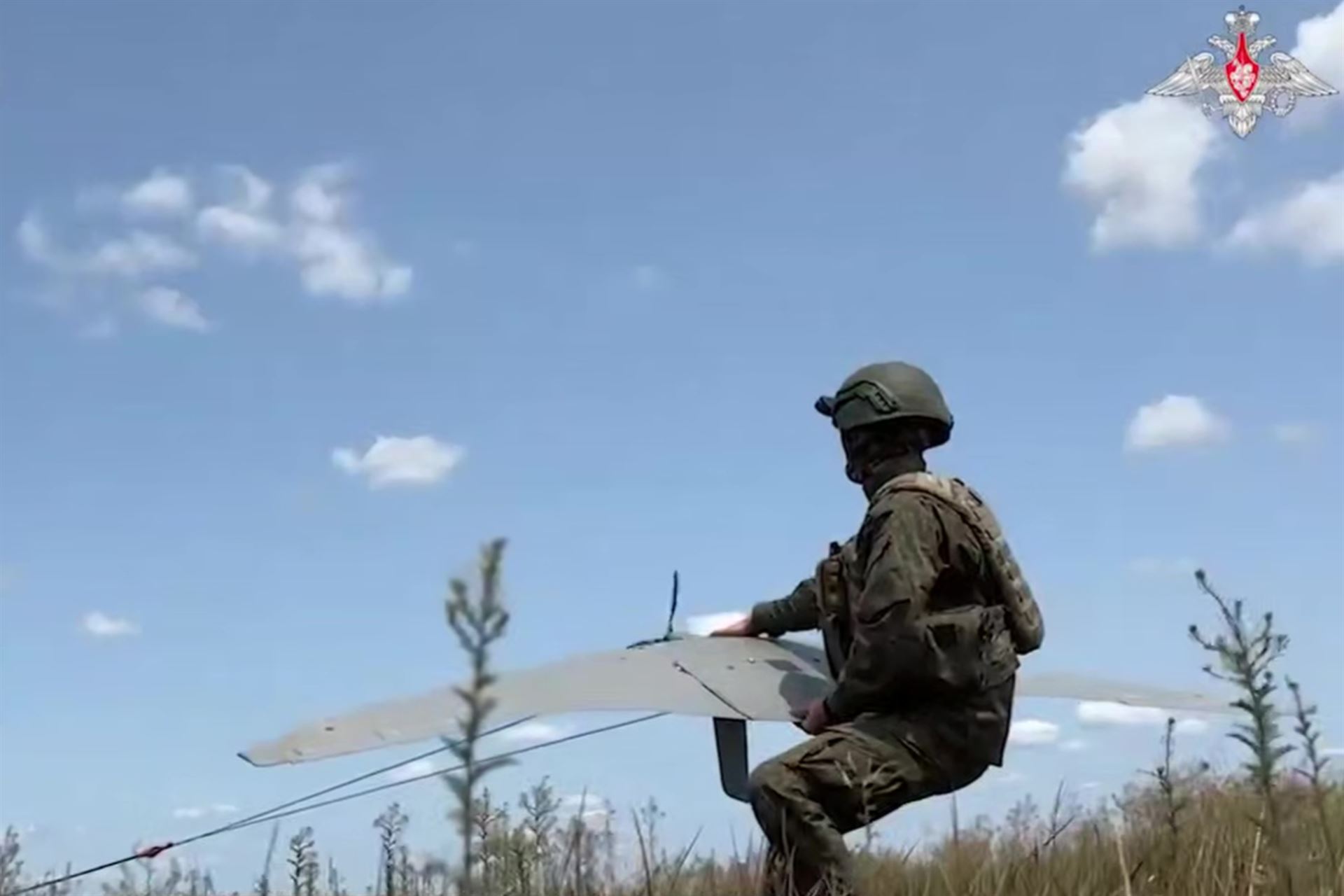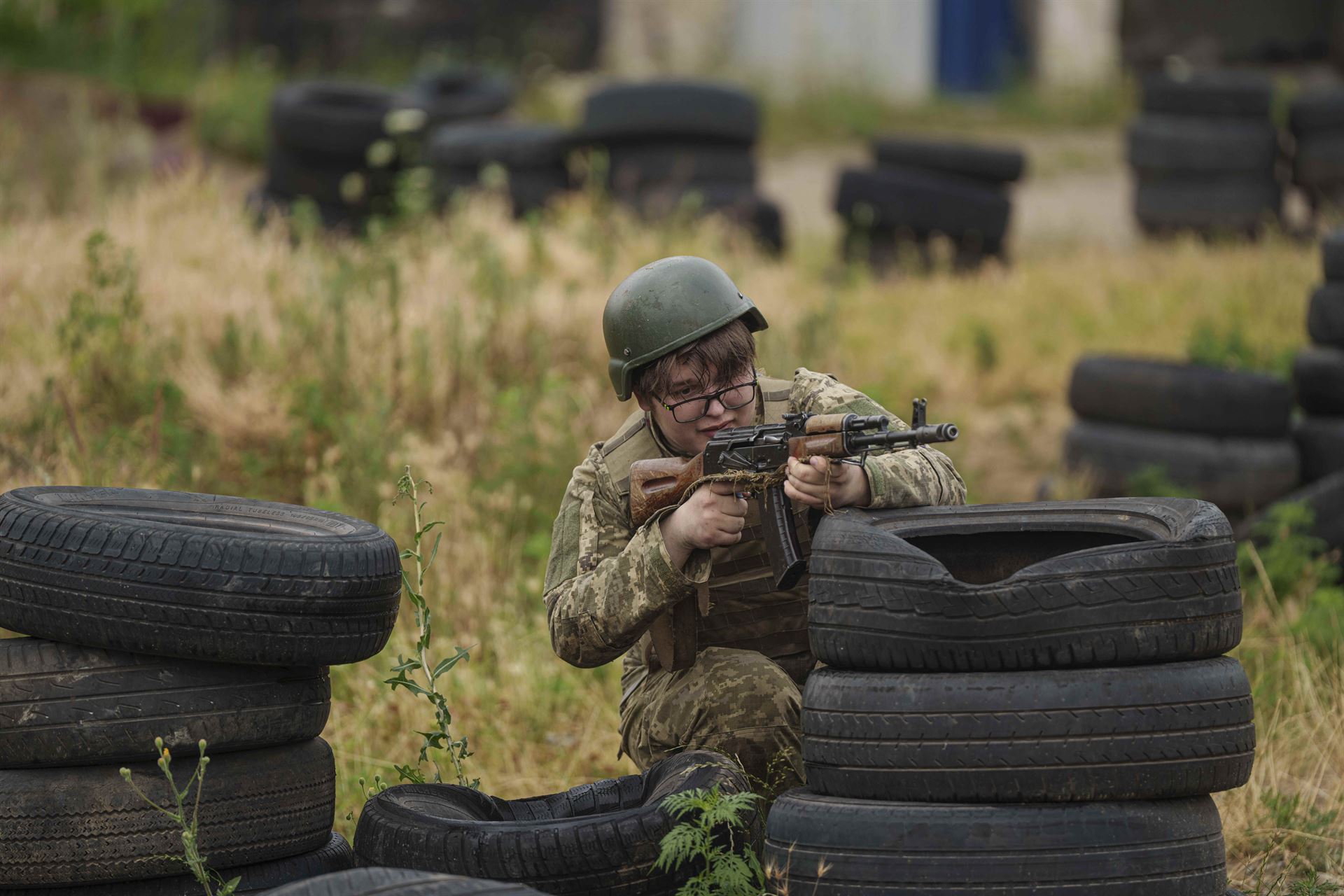
MOSCOW / KIVY - Russia on Tuesday rejected US President Donald Trump's 50-day ultimatum to agree to a Ukraine ceasefire, dismissing the threat of "severe tariffs" as unacceptable.
Russian Deputy Foreign Minister Sergey Ryabkov emphasized that Moscow favors a diplomatic resolution to the Ukraine conflict and is ready to negotiate.
"However, if this is not met with a proper response, if we cannot reach our set goals through diplomacy, then the special military operation will go on," he said, adding that Moscow's position is unshakable. "We expect Washington and NATO to take this seriously."
The rejection came just days after Trump, speaking in the Oval Office alongside NATO Secretary General Mark Rutte, declared that the United States would impose "very severe tariffs" on Russia if a ceasefire agreement was not reached within 50 days.
US Commerce Secretary Howard Lutnick said Trump's reference to 100 percent secondary tariffs meant "economic sanctions".
ALSO READ: Russia rejects Trump's ultimatum on Ukraine as US steps up arms support
The tariffs, according to US ambassador to NATO Matt Whitaker, will "dramatically impact the Russian economy," as he referred to the secondary sanctions on countries buying oil from Russia.
Despite the Russia-Ukraine conflict, Washington continues to import large quantities of Russian goods -- mainly fertilizers, inorganic chemicals and nuclear materials -- of which Russia remains a key global supplier, the BBC reported.
Trump also told Rutte that the United States would supply weapons to Ukraine through NATO, including Patriot missile systems, with deliveries starting soon.
READ MORE: Kremlin: Russia expects third round of talks with Ukraine soon
The move came as NATO members agreed to increase defense spending to 5 percent of GDP by 2035 -- a decision that, according to CNN, aligns with Trump's longstanding push for greater financial burden-sharing.
Trump’s shift
On Tuesday, just a day after announcing the NATO weapons deal and threatening tariffs, Trump told reporters he was not on anyone's side.
He also advised Ukraine not to strike Moscow, contradicting a report that he had asked Ukrainian President Volodymyr Zelensky whether Ukraine could hit both Moscow and St. Petersburg if supplied with long-range weapons.
"Volodymyr, can you hit Moscow? ... Can you hit St. Petersburg, too?" Trump allegedly asked in a July 4 phone call, according to two sources cited by the Financial Times. Zelensky reportedly replied, "Absolutely. We can if you give us the weapons."
Trump has denied the account. But it marked a return to a familiar rhythm in his foreign policy.

After the inauguration, he dispatched envoys to Saudi Arabia for talks with Russian officials -- without Ukrainian participation -- and publicly berated Zelensky for being "ungrateful" during a February meeting at the White House.
He then froze $1 billion in military aid to Ukraine, arguing that Kyiv was dragging its feet on peace. But by July, Trump reversed course -- resuming arms shipments, authorizing Patriot systems and lashing out at Putin.
"I'm disappointed in him, but I'm not done with him," Trump told the BBC in an interview on Tuesday. "But I'm disappointed in him."
READ MORE: Kremlin: Russia has no intention to delay talks on Ukraine
Growing confusion
Trump said some or all of 17 Patriot batteries ordered by other countries could be redirected to Ukraine "very quickly". Sitting alongside him, Rutte described the weapons agreement as a game-changer.
However, the clarity of those deliveries remains uncertain. Vadym Skibitsky, deputy chief of Ukraine's Defense Intelligence, told The Guardian that the claim of 17 Patriot systems was confusing.
"We don't know for sure ... 17 is a huge number if we're talking about batteries. If we are talking about launchers, then this is possible," he said.
READ MORE: Russia, Ukraine swap more prisoners under Istanbul deal
It's not the first time confusion has followed US military pledges. Earlier this month, reports varied over whether Ukraine would receive 10 Patriot missiles or 10 full systems.
The arms shipments have drawn criticism from Moscow. Russian Deputy Foreign Minister Alexander Grushko said Tuesday, "This is yet another indication that NATO countries really have no interest in peace."
Ukraine's parliament on Monday voted to extend the country's wartime status and military mobilization for another 90 days, through Nov 5. Lawmakers also approved a temporary withdrawal from the Ottawa Treaty banning anti-personnel landmines.
On the battlefield, Russia and Ukraine have intensified drone attacks recently. On Wednesday, Ukraine's air force said Russia launched 400 drones and one ballistic missile, primarily targeting three cities in Ukraine. Earlier this month, the Russian Defense Ministry said it downed 402 Ukrainian drones and seven guided aerial bombs within days.


